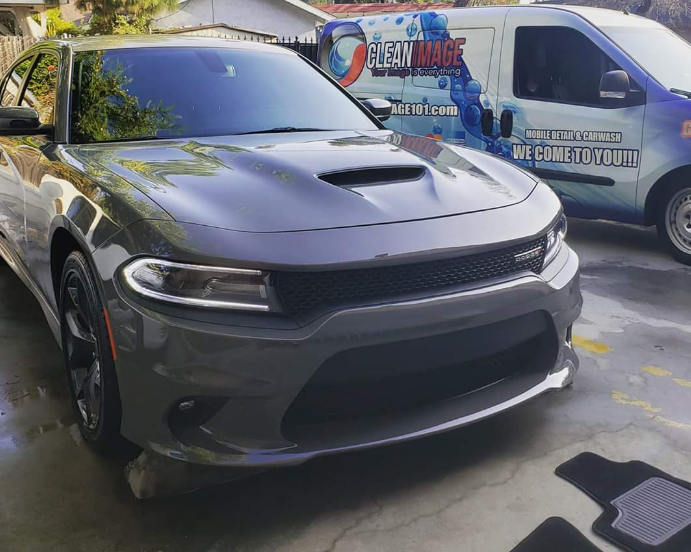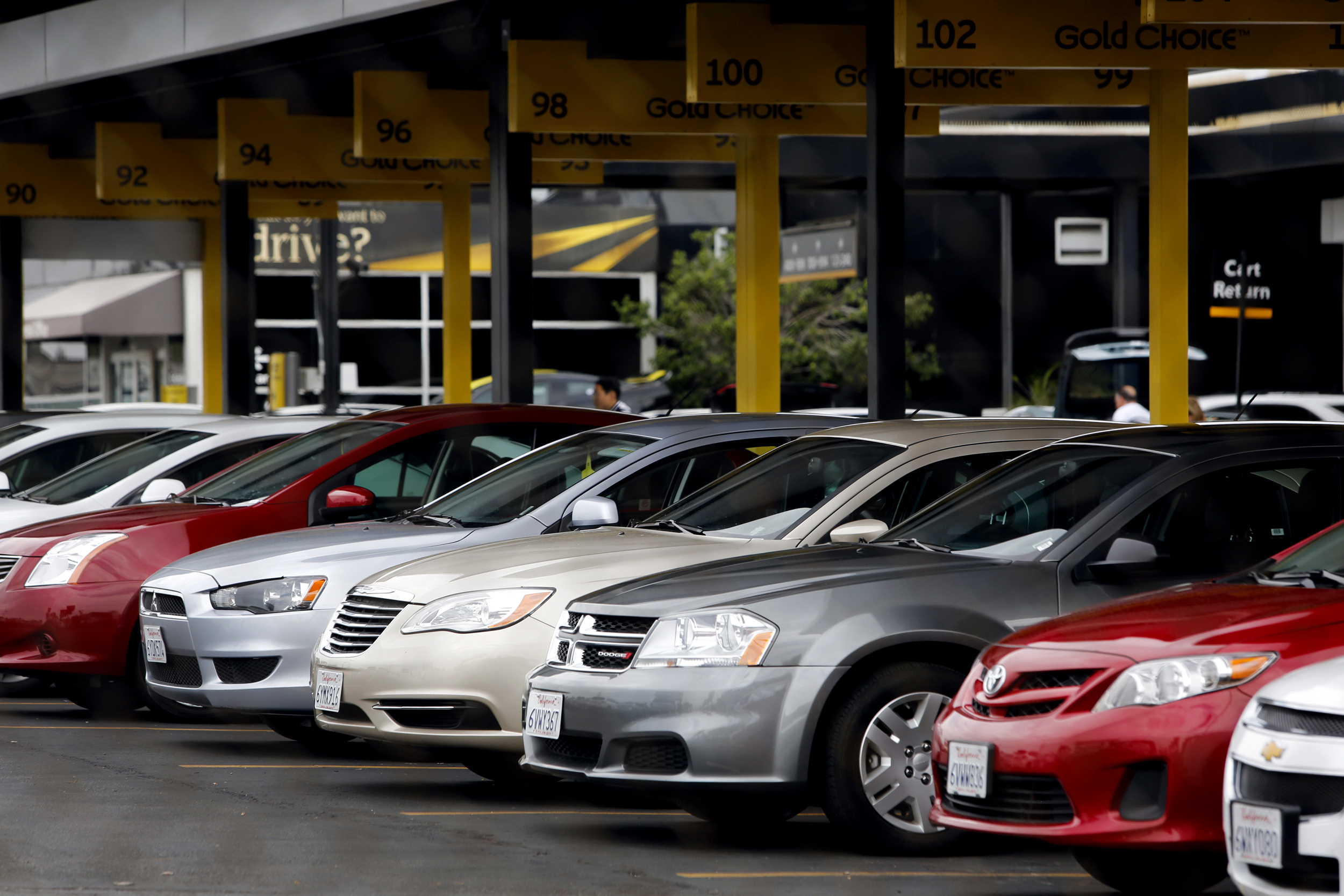Car window tinting involves applying a specialized film to the windows to reduce light transmission. Beyond its sleek appearance, tinting improves in-cabin comfort, protects against UV rays, and offers added privacy. Car window tinting come in various levels, from light shading to almost complete opacity, allowing drivers to choose what best suits their needs and preferences.
One of the main advantages of tinted windows is enhanced privacy. Darker glass makes it harder to see inside the vehicle, which is especially useful in urban areas or when parking in public spaces. At the same time, window film blocks harmful ultraviolet rays, helping to preserve interior materials and protect passengers from sun damage.
From a style perspective, tinting gives any vehicle a modern, refined look often associated with luxury models. It also helps reduce heat buildup during hot weather, making the cabin cooler and minimizing air conditioning use—an added benefit for fuel efficiency and overall comfort.
Key Things to Know Before Tinting
Before getting your car windows tinted, it’s essential to check local laws regarding permissible tint levels. Legal restrictions vary, and non-compliance can lead to fines. Choosing quality film from a trusted brand ensures durability and effective UV protection.
For best results, professional installation is highly recommended. DIY tinting may lead to bubbles, uneven application, or reduced effectiveness. Trained specialists have the tools and experience to apply the film cleanly and correctly.
Tinting your car windows is more than a cosmetic upgrade—it’s a smart way to improve comfort, protect your interior, and enhance your driving experience. For expert advice and professional service in Riga, visit Tonesana.lv, where experienced technicians can help you choose and install the ideal window tint for your vehicle.






